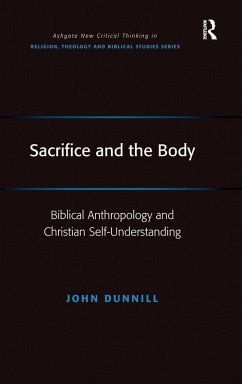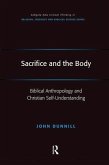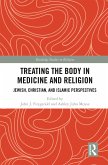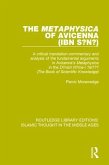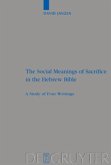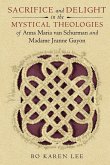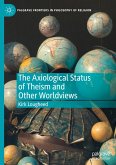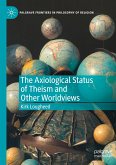What is sacrifice? For many people today the word has negative overtones, suggesting loss, or death, or violence. But in religions, ancient and modern, the word is linked primarily to joyous feasting which puts people in touch with the deepest realities. How has that change of meaning come about? What effect does it have on the way we think about Christianity? How does it affect the way Christian believers think about themselves and God? John Dunnill's study focuses on sacrifice as a physical event uniting worshippers to deity. Bringing together insights from social anthropology, biblical studies and Trinitarian theology, Dunnill links to debates in sociology and cultural studies, as well as the study of liturgy. Through a positive view of sacrifice, Dunnill contributes to contemporary Christian debates on atonement and salvation.
Hinweis: Dieser Artikel kann nur an eine deutsche Lieferadresse ausgeliefert werden.
Hinweis: Dieser Artikel kann nur an eine deutsche Lieferadresse ausgeliefert werden.

